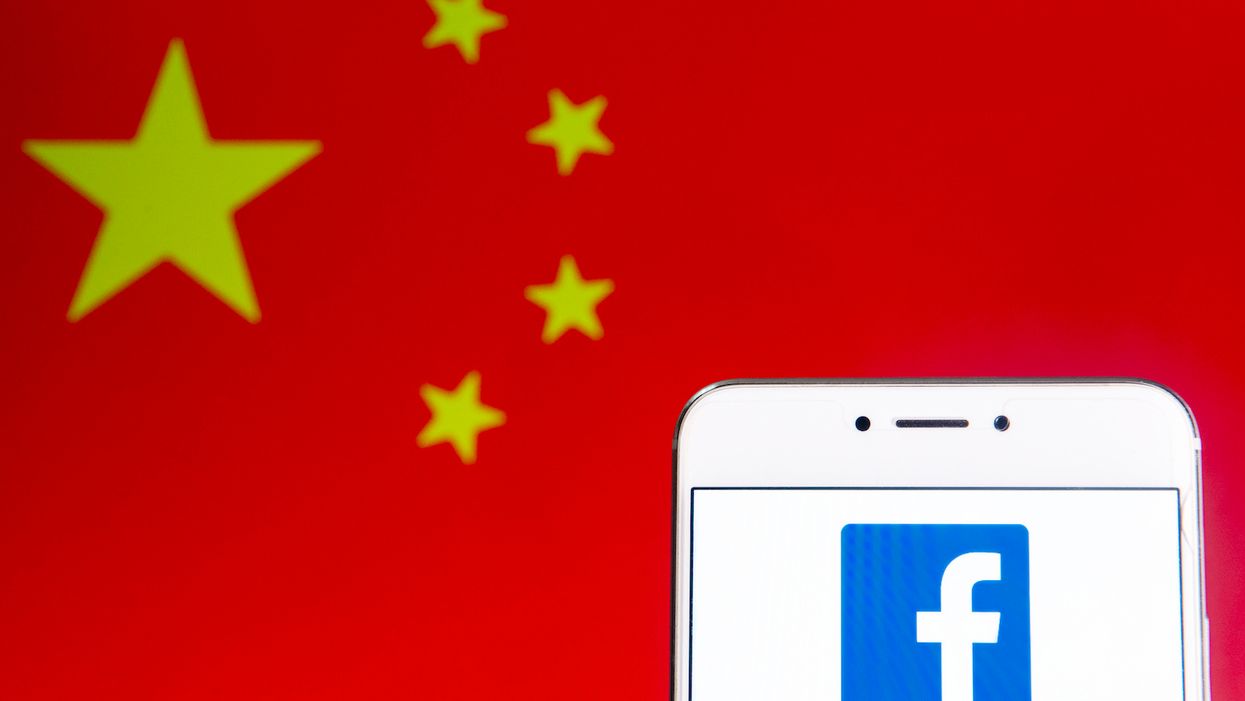
Photo Illustration by Budrul Chukrut/SOPA Images/LightRocket via Getty Images

It's tough for companies to remain neutral
As violent protests in Hong Kong continue, U.S. companies that do business in China are being forced to pick a side: Follow the wishes of China's Communist government, or show support for pro-democracy protesters in Hong Kong.
Two major tech companies, Facebook and Apple, have already shown where their allegiances lie. Last month, Facebook took action to protect the privacy of Hong Kong protesters on its platform, while Apple recently eliminated an app that helped protesters avoid clashing with police.
Hong Kong police launched anti-violence "hotlines" on WhatsApp, a Facebook-owned messaging system. The purpose was for users to submit information about protests to authorities, such as photo or video evidence or altercations and demonstrations.
That, however, is not what the app was created for. WhatsApp is for one-on-one and small group messaging, not mass or automated messaging. So, Facebook suspended the hotline accounts, Forbes reported.
The police claimed they shut the hotlines down on their own, but Facebook disputed that claim.
"WhatsApp is primarily designed for private messaging and we take action to prevent bulk and automated messaging," a statement from the company said.
Apple pulled an app called HKmap.live from its App Store in China, an app the Chinese government said "betrayed the feelings of the Chinese people," according to the Washington Post.
HKmap.live identified police locations, with the intent of helping protesters stay out of clashes with the authorities. Opponents of the app claimed it allowed people to target police.
Apple also removed the Taiwanese flag from its emoji keyboard in China, and banned the news service Quartz for publishing detailed accounts of Hong Kong protest activity.
The iPhone maker relies heavily on cheap Chinese labor to manufacture its products and, therefore, has been prone for years to give in to the wishes of the Chinese government.
"The reason Apple did it is because Apple has so much financial interest in China," said Yaqiu Wang, a researcher at Human Rights Watch.